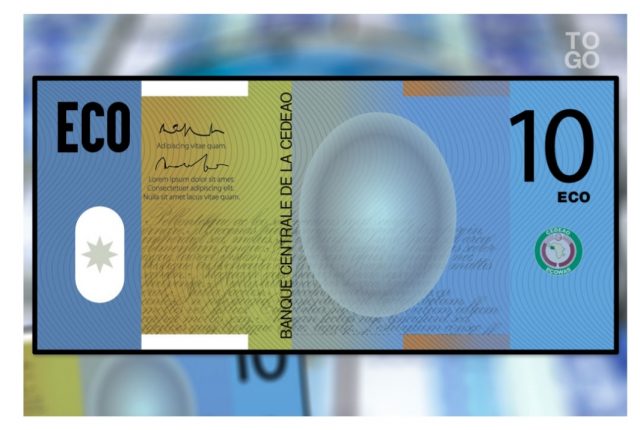The new monetary configuration in the ECOWAS area sparked a debate at the 21st ordinary session of the African Heads of State on July 12, 2019 in Abidjan, the Ivorian capital. Indeed, the ECO, is the name of a project of single currency of the fifteen member countries of the Economic Community Of the States of West Africa (Benin, Burkina Faso, Cape Verde, Ivory Coast, Gambia, Ghana, Guinea Bissau, Guinea, Liberia, Mali, Niger, Nigeria, Senegal, Sierra Leone and Togo).
The introduction of this new currency, initially scheduled for December 2009, was postponed until January 2015, before being put on the back burner in 2014. According to Ivorian President Alassane Dramane Ouattara, President-in-Office of the Heads of State and WAEMU (West African Economic and Monetary Union) governments: “The WAEMU member countries that do not have problems of good management, good governance, control of deficits, debt control are ready in 2020 for monetary change, however, it will be up to the heads of state in this area to make a decision. ”
Despite the many socio-economic difficulties faced in the ECOWAS region, the African Heads of State have largely exchanged on this new monetary alternative that will be put into effect from July 1, 2020. As a reminder, the introduction of the new currency will be done, however, step by step. The goal is not to rush the end of the CFA franc.
However, just launched, this currency to replace the CFA franc is already debated. Some economists, like Stéphane Ghanii, believe that a floating exchange rate for ECO would be profitable once again to the French treasury. The aim is that this currency can meet the need for monetary change in the countries of the CFA franc zone and that the latter definitively cut the link with the French public treasury. In other words, that France no longer guarantee parity between the CFA franc and the Euro, that the exchange rate is more flexible and that the reserves of African countries are no longer housed in the French Treasury accounts but elsewhere in places that Africans will choose for themselves.














































